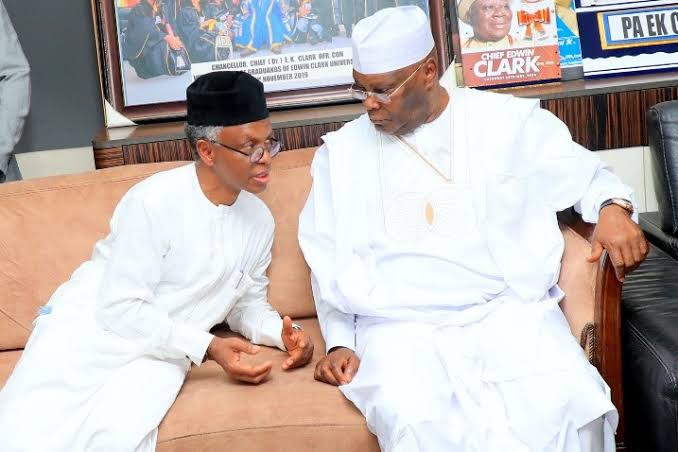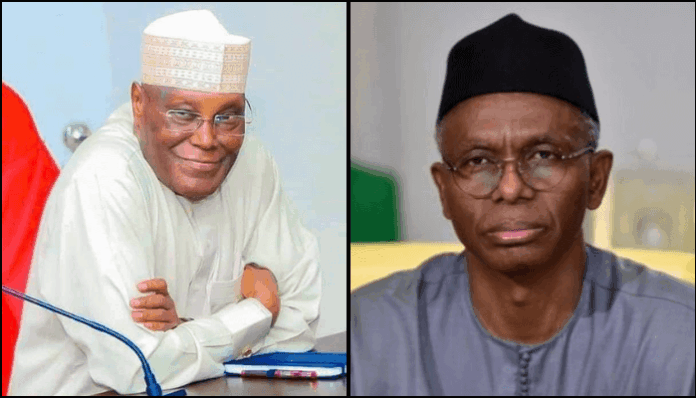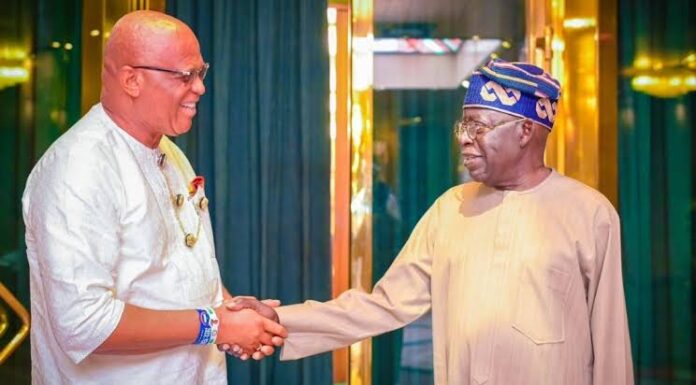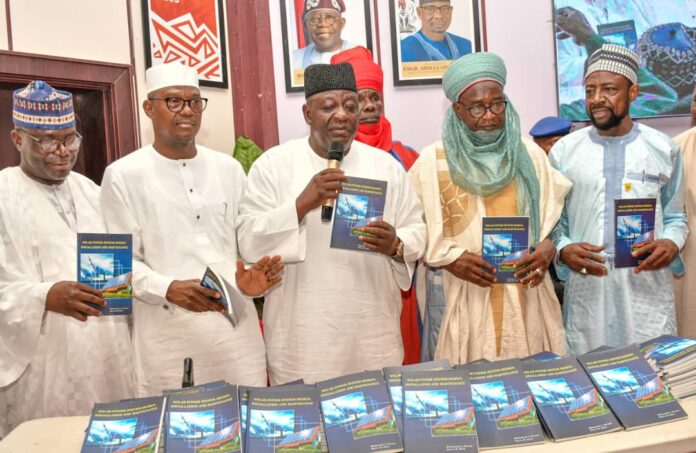By Saminu Hadi
In Nigerian politics, few figures are as emblematic of ambition and controversy as former Vice President Atiku Abubakar and the Governor of Kaduna State, Nasir El-Rufai. Their recent political maneuvers suggest a desperate quest for power and ascendancy, yet they appear to be operating under a delusion that traditional political strategies will suffice in a rapidly changing political situation.
Atiku Abubakar has long been a dominant figure in Nigerian politics, having served as Vice President from 1999 to 2007 and being a perennial presidential candidate. His affiliation with the PDP has been a cornerstone of his political identity. However, his recent actions raise questions about his loyalty to the party that has significantly shaped his political career. By aligning himself with El-Rufai, a figure known for his controversial governance and polarizing rhetoric, Atiku appears to be engaging in a risky gamble that could alienate his base and undermine his remaining strands of integrity.
The question arises: how can Atiku expect to maintain public support while simultaneously betraying the very party that has been instrumental in his political ascendance?
The political atmosphere in Nigeria is currently marked by a burgeoning consciousness among the electorate. Citizens are increasingly aware of the dynamics of power and are less willing to accept the traditional methods of manipulation and deception that have characterized Atiku’s politics for decades. Atiku and El-Rufai seem oblivious to this shift, clinging to outdated strategies that may have worked in the past but are now met with skepticism and resistance.
The Nigerian public is no longer content to be mere spectators in the political arena; they demand accountability, transparency, and genuine representation. In this context, the duo’s attempts to undermine the PDP could be perceived as an affront to the democratic ideals that many Nigerians are beginning to embrace.
Moreover, the relationship between Atiku and El-Rufai raises concerns about the future of the PDP. Their collaboration appears aimed at consolidating power at the expense of a functioning political party that has played a significant role in Nigeria’s democratic journey.
Such actions could lead to fragmentation within the party and alienate loyal members who have invested their time and resources into building the PDP. The notion that they can “kill” a major political party and emerge unscathed is not only naïve but also indicative of a fundamental misunderstanding of the political currents shaping Nigeria today.
The Nigerian electorate is increasingly discerning, and they are beginning to demand more than just promises and rhetoric. They are looking for leaders who genuinely represent their interests and who are committed to addressing the pressing challenges facing the nation.
Atiku and El-Rufai’s apparent disregard for the foundational values of the PDP and their willingness to engage in power plays could lead to a backlash from the electorate. In a political landscape where trust and credibility are paramount, their actions may very well be perceived as self-serving rather than in the best interest of the Nigerian people.
The Nigerian public is becoming increasingly conscious of the actions and motives of their political leaders. They are demanding accountability, transparency, and integrity from those who seek to represent them. Atiku Abubakar and Nasir El-Rufai’s desperate pursuit of power, without regard for the concerns and aspirations of the Nigerian people, could lead to their alienation and irrelevance within the political system.
As the political landscape in Nigeria continues to evolve, leaders must adapt to the changing sentiments of the electorate. They must listen to the voices of the people and address their concerns in order to remain relevant and effective. Atiku Abubakar and Nasir El-Rufai would do well to heed this advice if they wish to succeed in their political ambitions.
The era of deception in Nigerian politics may be waning, and those who cling to outdated strategies may soon find themselves on the wrong side of history.











